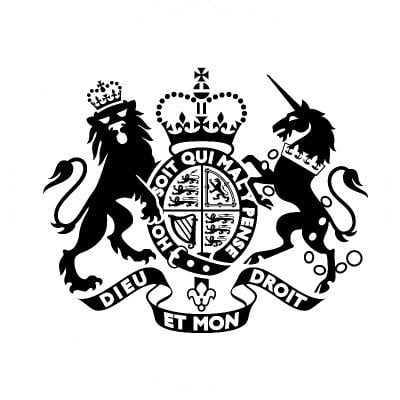
10:34 AM, 13th December 2021, About 2 years ago
Text Size
This guidance provides advice to those working within the home buying and selling process and those moving home. Read it alongside the guidance on what you should do to keep safe.
Following the emergence of the Omicron variant of COVID-19, it is necessary to re-introduce some measures to manage the virus. This guidance sets out what these measures are and what you should do to protect yourself and others.
Those renting a property, letting agents and landlords should be aware of and follow the government guidance on coronavirus and renting which contains further advice that may also be applicable such as on possession proceedings, repairs, maintenance and health and safety.
General advice to industry and those moving home
We urge everyone involved in the home buying and selling process to continue to follow good hygiene practices, including regular hand-washing, sanitising, and cleaning. These measures will help prevent the spread of infection.
We encourage all parties involved to be as flexible as possible and be prepared to delay moves, for example if one of those involved becomes ill with COVID-19 during the moving process or has to self-isolate.
Viewings
Aside from self-isolation rules as detailed above, there are no legal limits on the households which may view a home in person. We would, however, continue to recommend that buyers take advantage of any opportunities to view homes remotely before committing to view in person.
In indoor settings where a face covering is not legally required, you should continue to wear a face covering in enclosed spaces where you may come into contact with other people you do not normally meet. It is important that everyone continues to follow the safe hygiene practices as described above, and you should let in fresh air if people are viewing your property.
Tradespeople in the home
Tradespeople can continue to work in other people’s homes unless customers or tradespeople are self-isolating, as detailed above. In indoor settings where a face covering is not legally required, you should continue to wear a face covering in enclosed spaces where you may come into contact with other people you do not normally meet.
Members of the public should ensure their homes are clean and safe before tradespeople enter. This may involve cleaning items being carried by removals firms, wiping surfaces such as worktops and door handles, letting fresh air into rooms, and seeking to delay work if either party is showing COVID-19 symptoms.
Managing uncertainty
All parties involved in home buying and selling should prioritise agreeing amicable arrangements to change completion dates where someone in a chain or their family member is self-isolating or has tested positive for coronavirus.
Once you have exchanged contracts or signed a tenancy agreement, you have entered into a legal agreement to purchase or rent the property. We encourage all parties to be as flexible as possible and be prepared to delay moves if necessary; for example if someone involved in the transaction becomes ill with COVID-19 during the moving process, or has to self-isolate.
If you are about to enter into a legally binding contract, you should discuss the possible implications of COVID-19 with your legal professional and consider making contractual provisions or other necessary measures to manage these risks.
You should not expect to immediately be able to move into any home where people have COVID-19 or are self-isolating. There is a greater risk that home moves may need to be delayed if someone in the transaction shows symptoms of COVID-19 or is self-isolating.
How businesses can mitigate risk
All businesses should follow the government’s latest guidance for employers and businesses. Individual sector bodies may issue their own supplementary guidance in order to protect their members and their clients.
Face coverings should be worn by members of staff in estate agent premises, in accordance with the guidelines set out below.
Property agents, conveyancers and other professionals may choose to retain some modifications to how they work to reduce the risk from COVID-19. These changes could impact your move and may include initial virtual viewings before in-person viewings, asking you to vacate your current property during viewings, and ensuring your property is thoroughly cleaned before someone else views it or moves in. We would ask that you cooperate with these measures where they are in place.
The government has provided detailed guidance on reducing the risk of COVID-19 in workplaces. Employers should consider this guidance when completing their health and safety risk assessment, to help them decide which mitigations to put in place.
Self-isolating and quarantine
In most cases, you’re not required to self-isolate if you live in the same household as someone with COVID-19, or are a close contact of someone with COVID-19, and any of the following apply:
However, if you live in the same household as someone with a suspected or confirmed case of the Omicron variant, or are a close contact of someone with a suspected or confirmed case of the Omicron variant, you will be required to self-isolate regardless of your age or vaccination status. NHS Test and Trace will contact you if this is the case.
The following key general protections continue to apply both to those moving home and those working in the industry:
Going further than this guidance
The above guidance describes the minimum best practices you should follow to help keep yourself and others safe.
If you want additional measures or reasonable conditions in place for your move, please talk to the appropriate business about how to proceed.
These measures could include, for example, placing a cap on the number of visitors viewing your home at any one time. These measures are at the discretion of the homeowner and we would ask you to accommodate their wishes.
Agents and other industry professionals should ensure their clients are aware of and comply with these additional requirements, where they do not discriminate against protected characteristics.